Not all seeds from one plant germinate at one time. Instead, they can germinate over several seasons, lying dormant in the soil – sometimes for years – until exposed to light that can stimulate them to germinate and grow.
In Somalia, some weed species are used for fodder (animal feed), often collected in the field and transported to where livestock are corralled. While this is sometimes an important source of animal food, it is typically more efficient to plant and grow fodder crops than to allow weeds to compete with more valuable crops. This latter practice of planting a fodder crop is not practiced in Somalia.
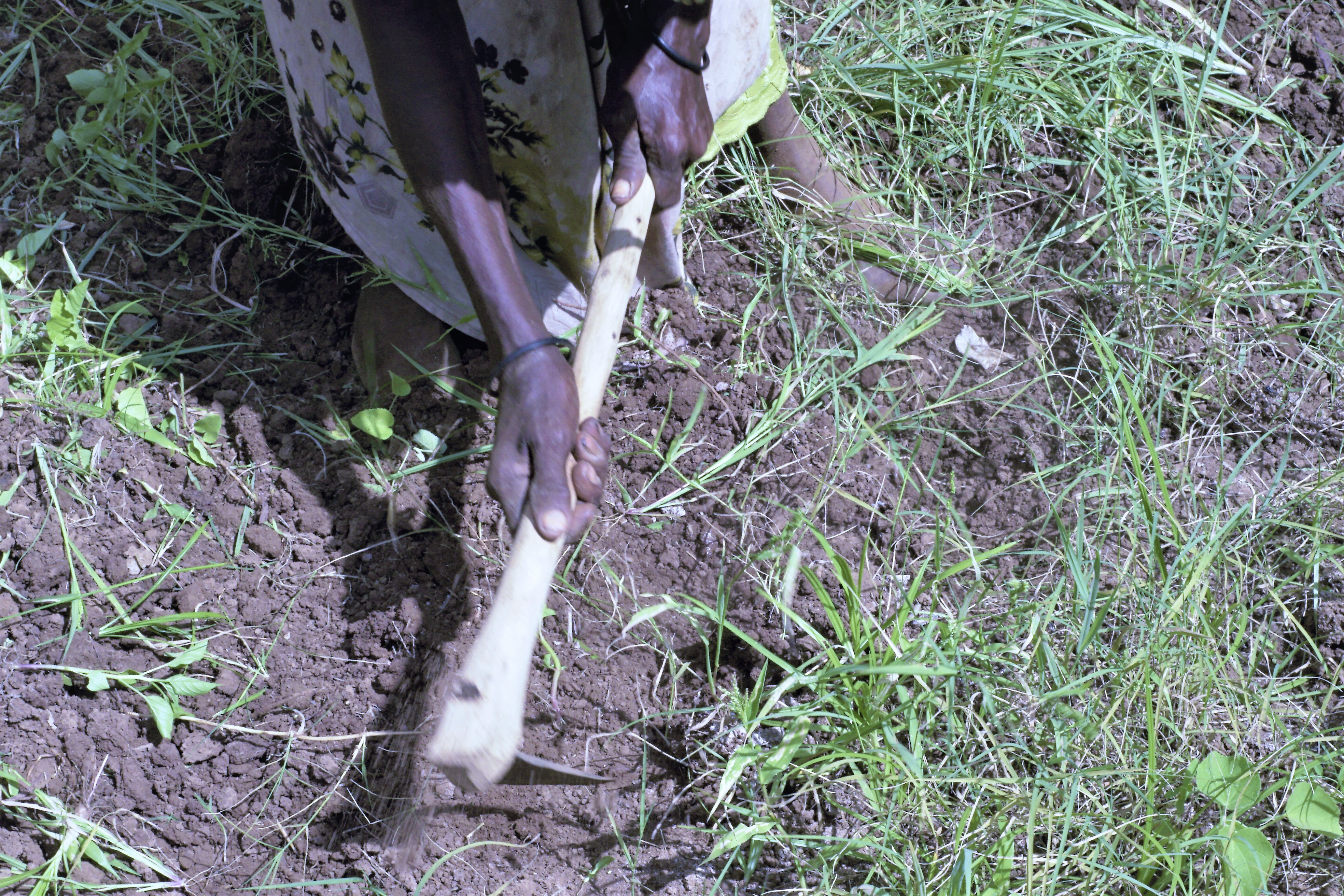
Some weeds are annual, meaning these weeds typically sprout and grow through their entire life cycle in only one season. Many annual weed species spread themselves primarily through seeds. Examples include Banji and Qunjo
Perennial weed species live for more than one growing season. Some perennial weeds spread by underground creeping rhizomes or above ground stolons that can regrow from short fragments. Examples include Jarbo and kurdo. Hoeing off weed leaves and stems as soon as they appear can eventually weaken and kill perennials, although this requires persistence and a lot of labor.
” Timely weeding – killing weeds early in their life cycle and not allowing them to produce seeds – dramatically reduces weed pressure.”
Somali farmers in the Bay Region have a term for weed-free farming – salaax. A field that is salaax has been meticulously managed over a series of several years for controlling weeds to the point where very few weed seedlings emerge. Although difficult to establish, once done managing weeds in these fields is very easy. Timely weeding – killing weeds early in their life cycle and not allowing them to produce seeds – dramatically reduces weed pressure.
Weeds, along with quality seed, timely planting, soil moisture, and soil fertility, have the largest impact on crop yields. Timely weed removal early in the growing season is an essential component for improved production. In times of limited rainfall, it is very important to not allow weeds to compete with more valuable crops.

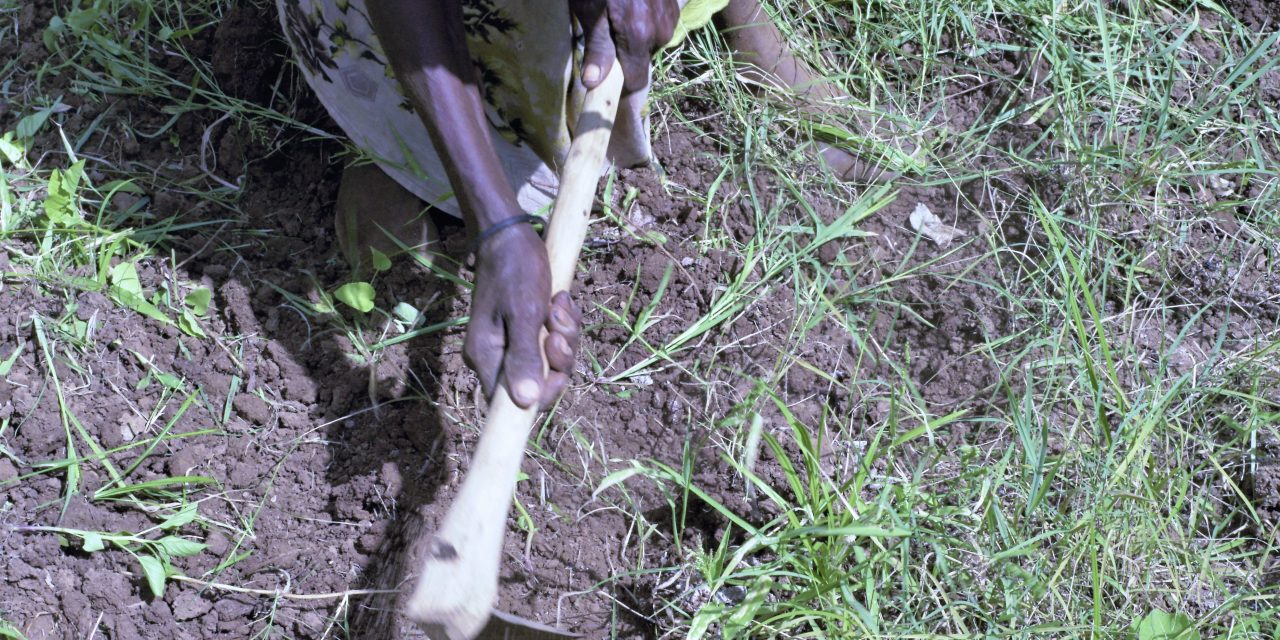
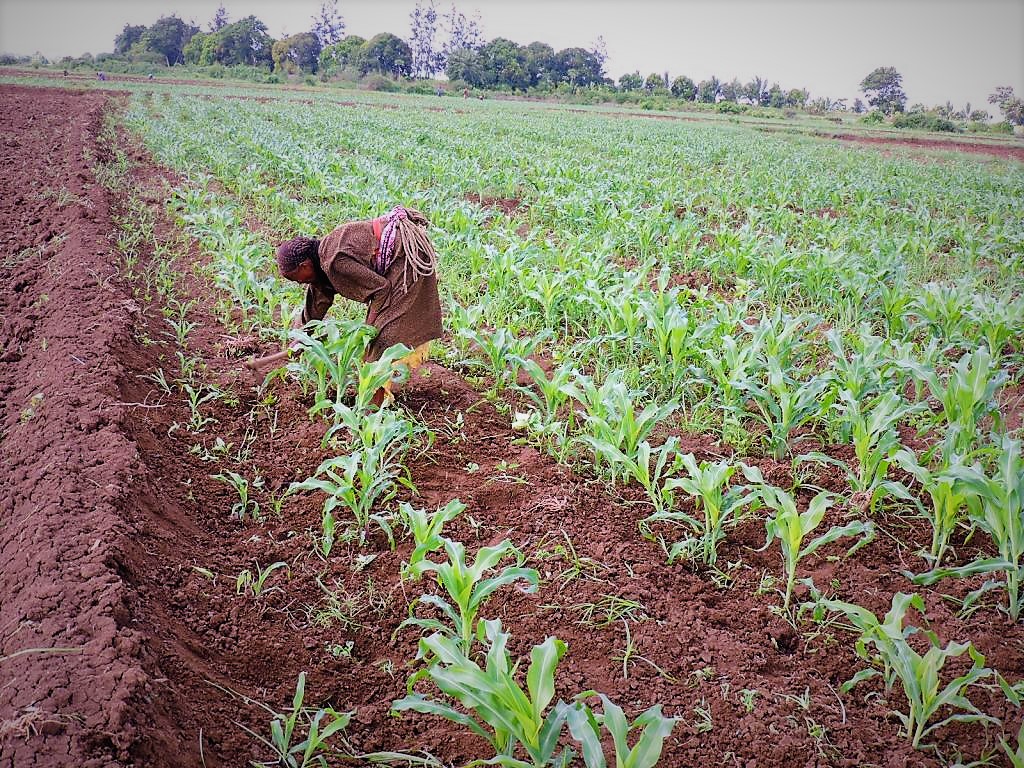
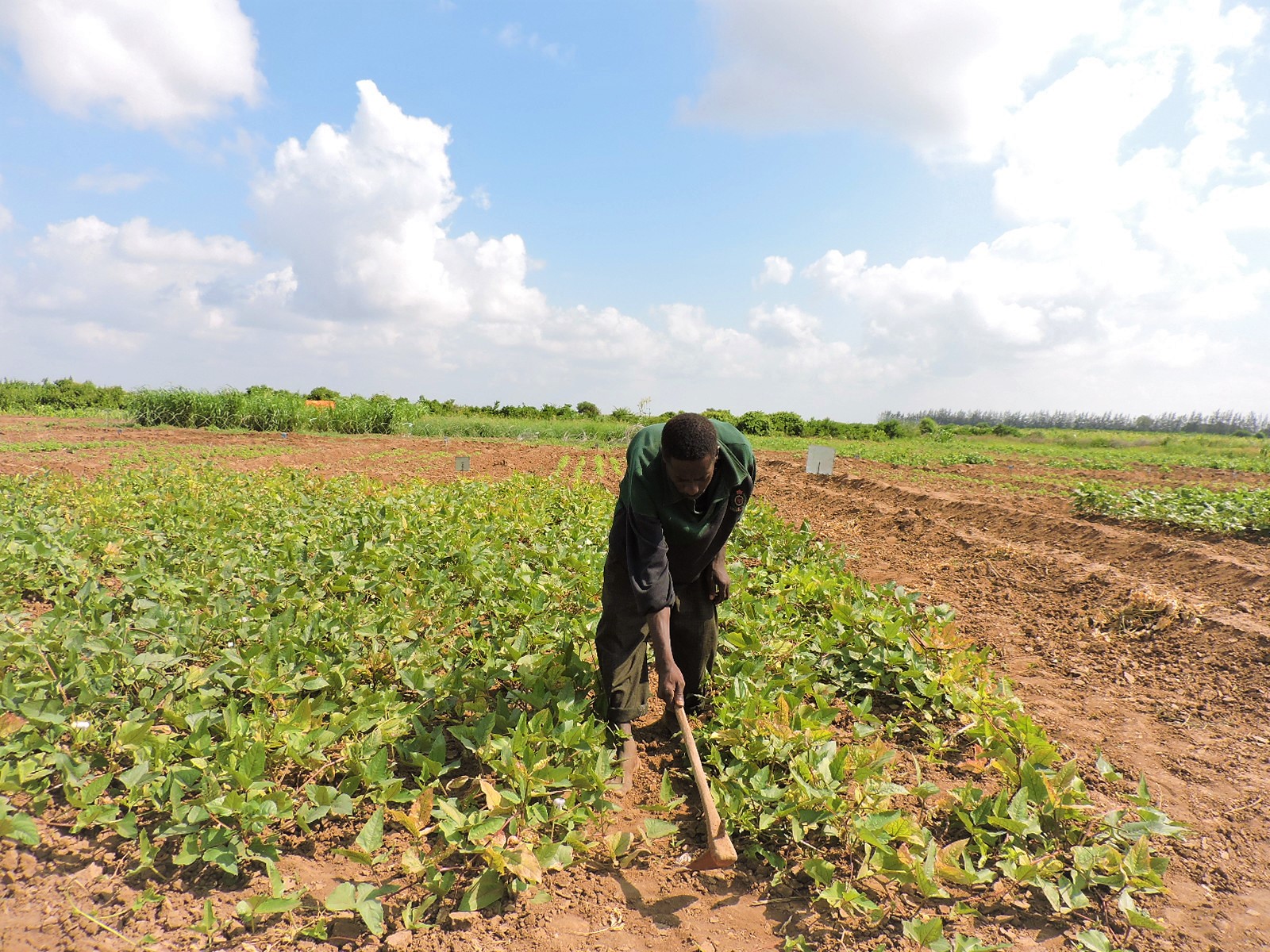
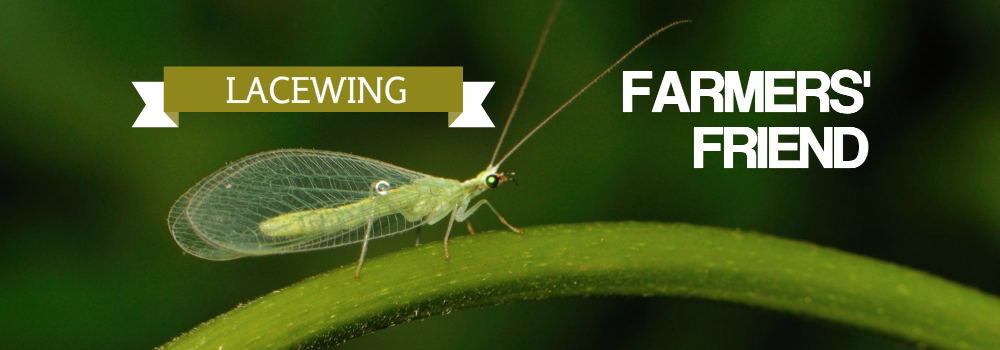


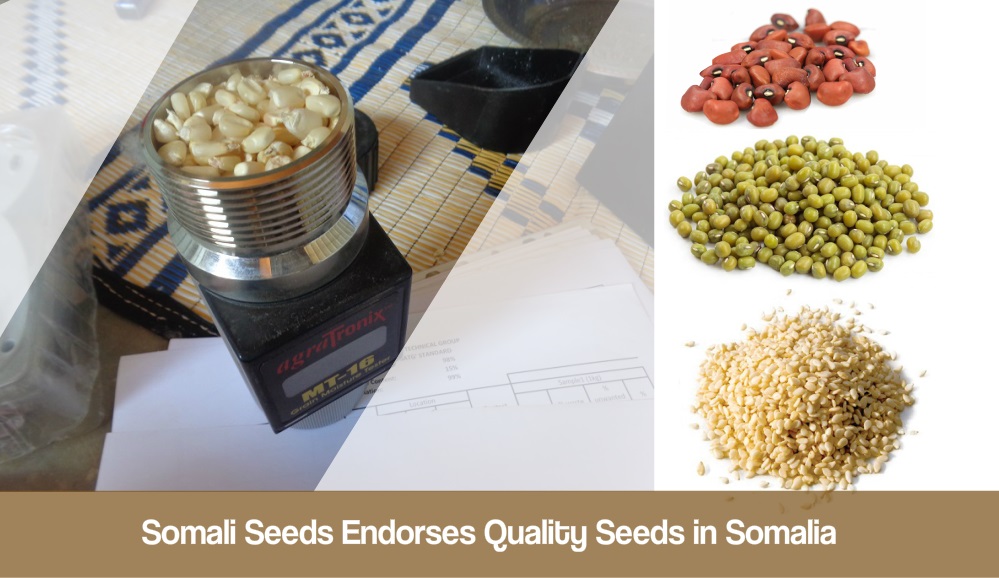



Recent Comments